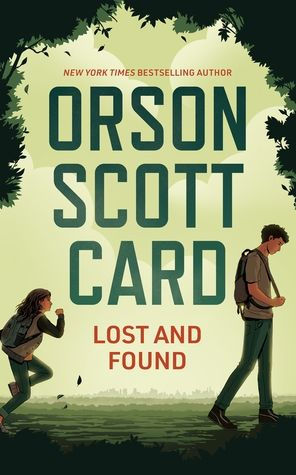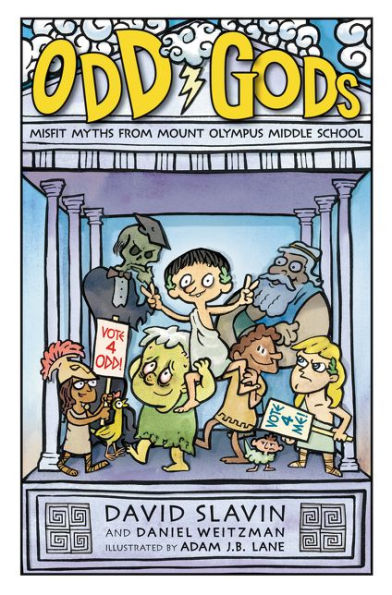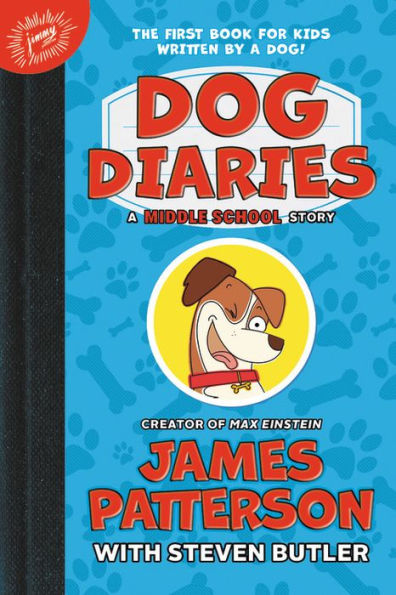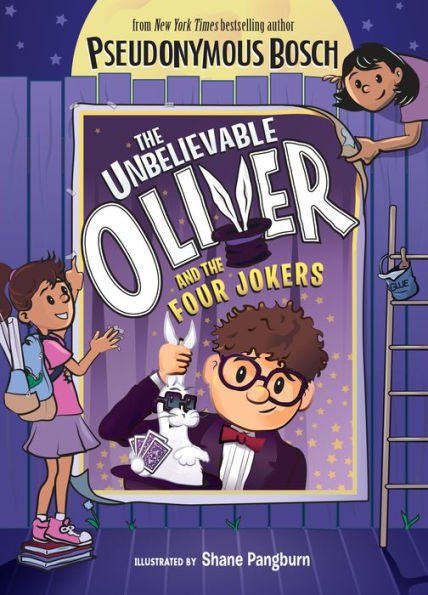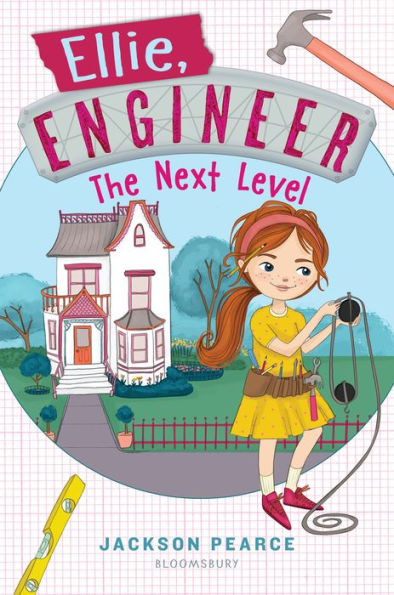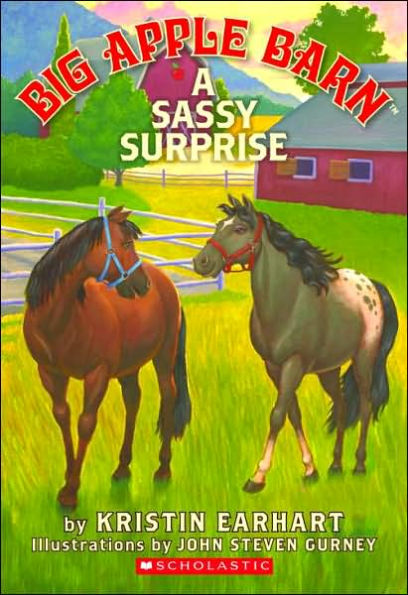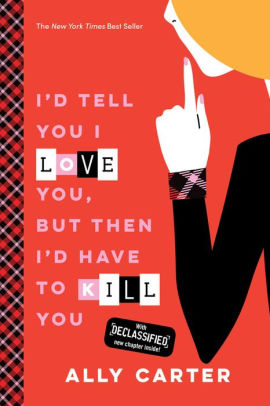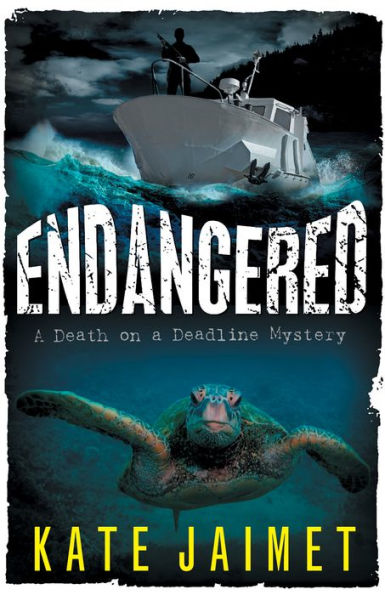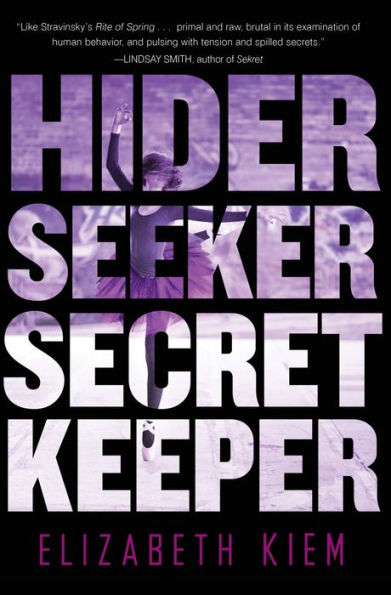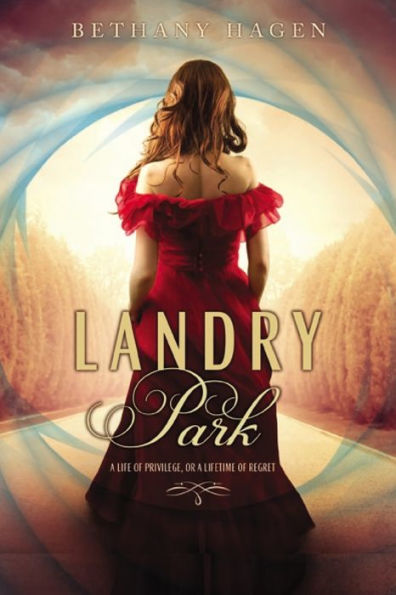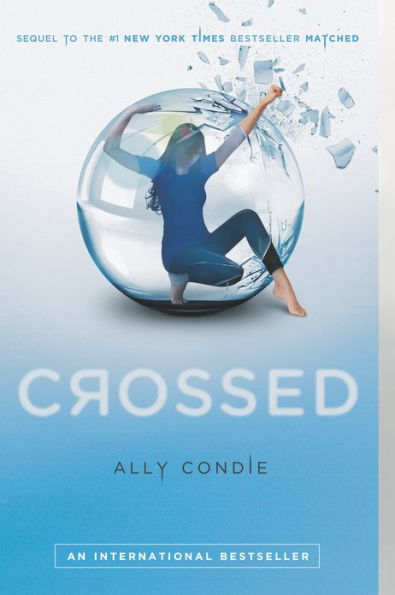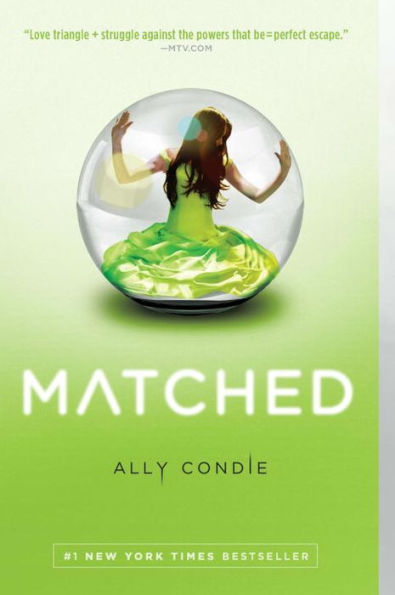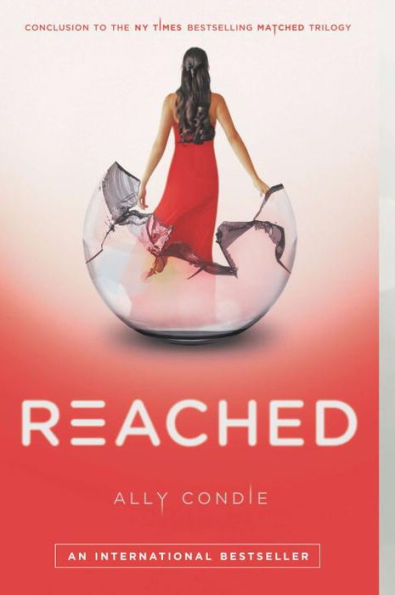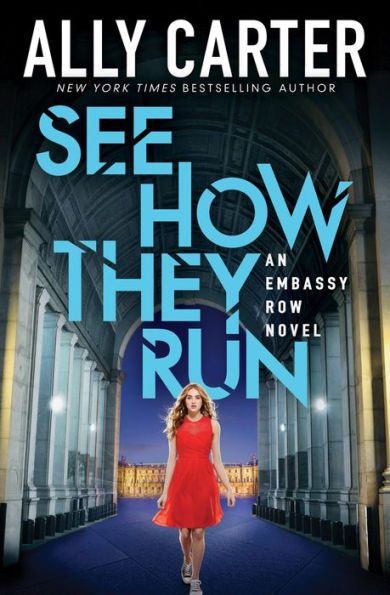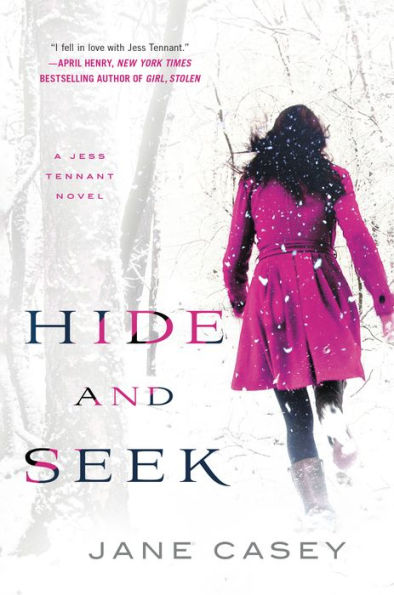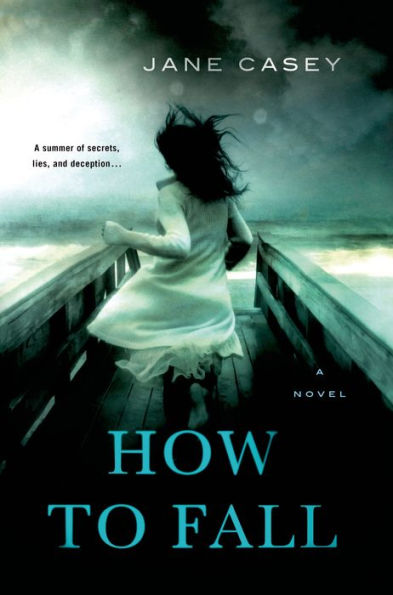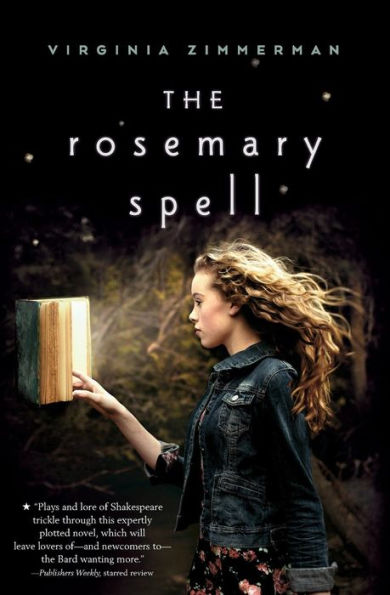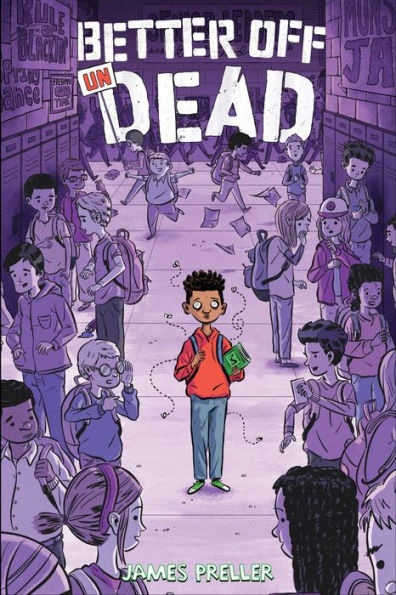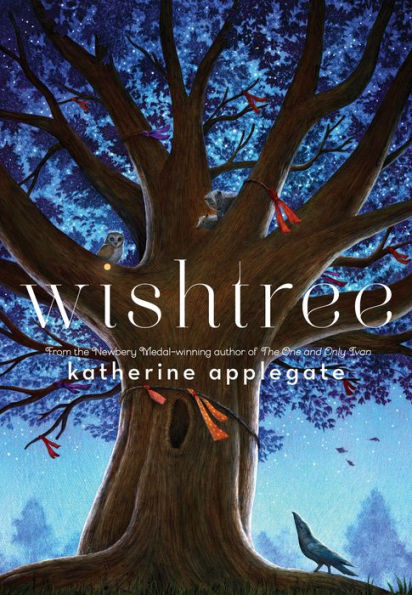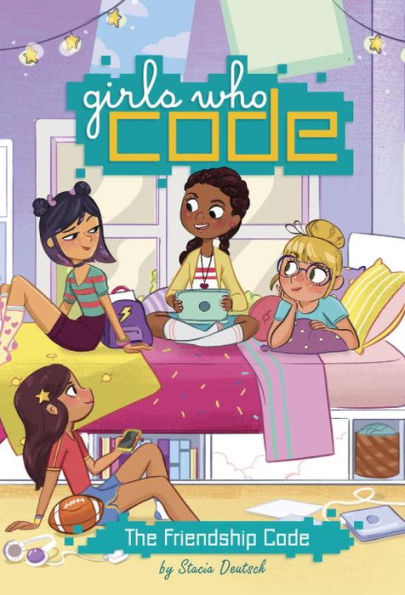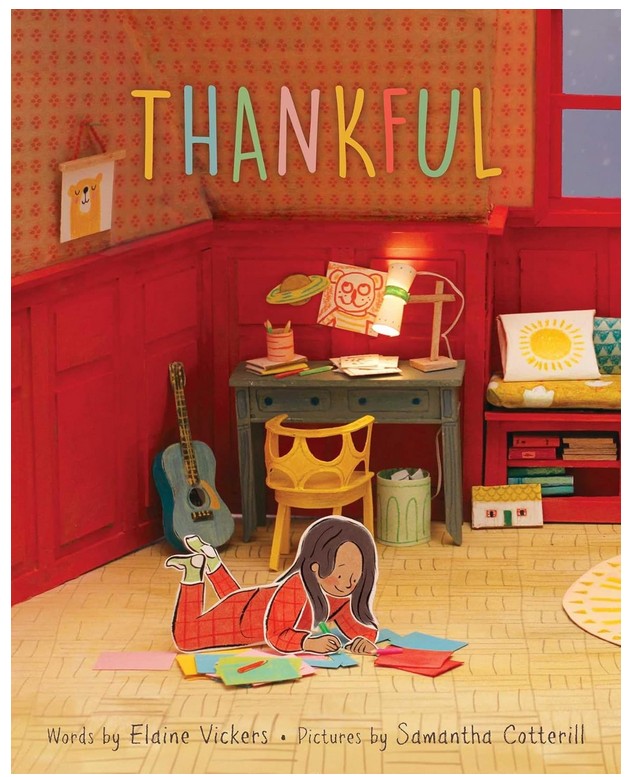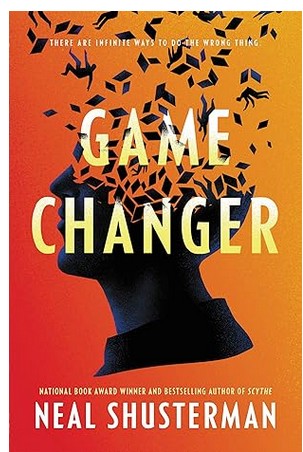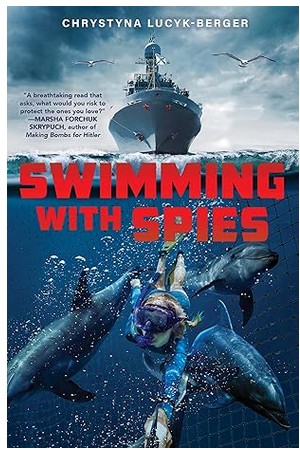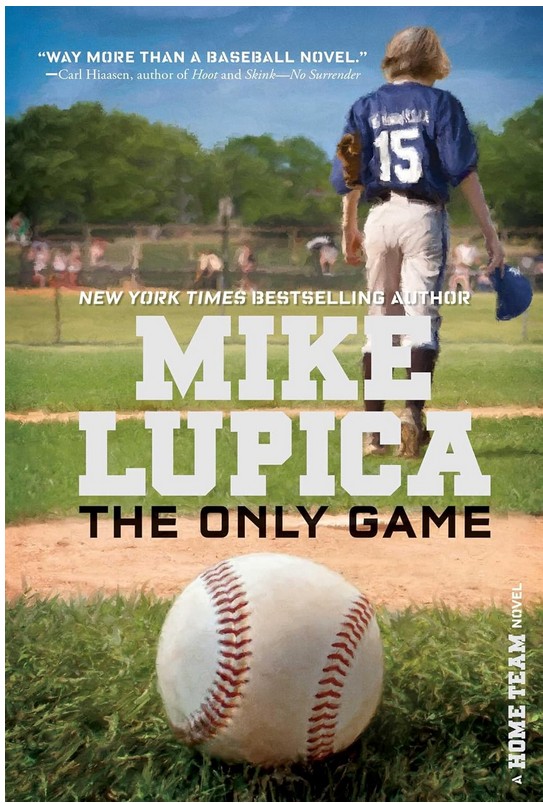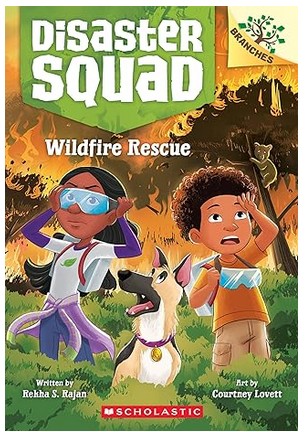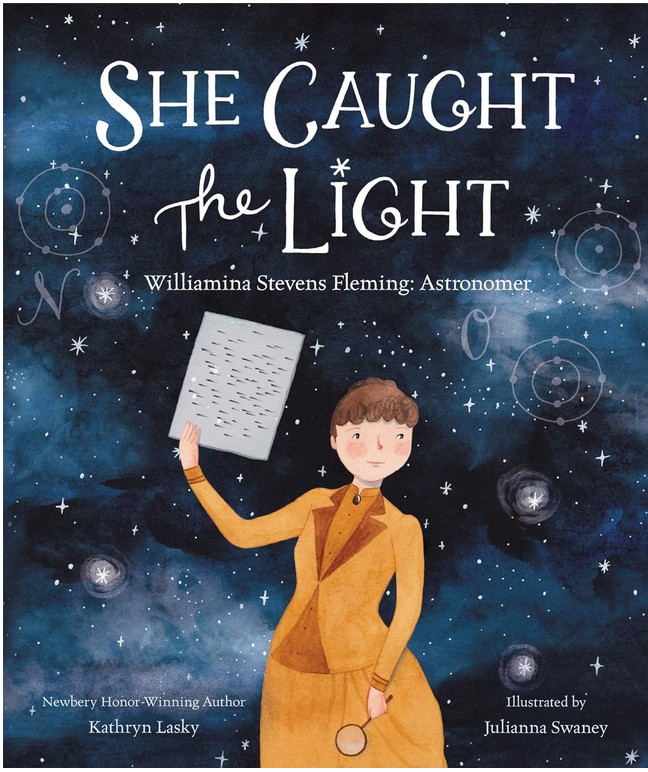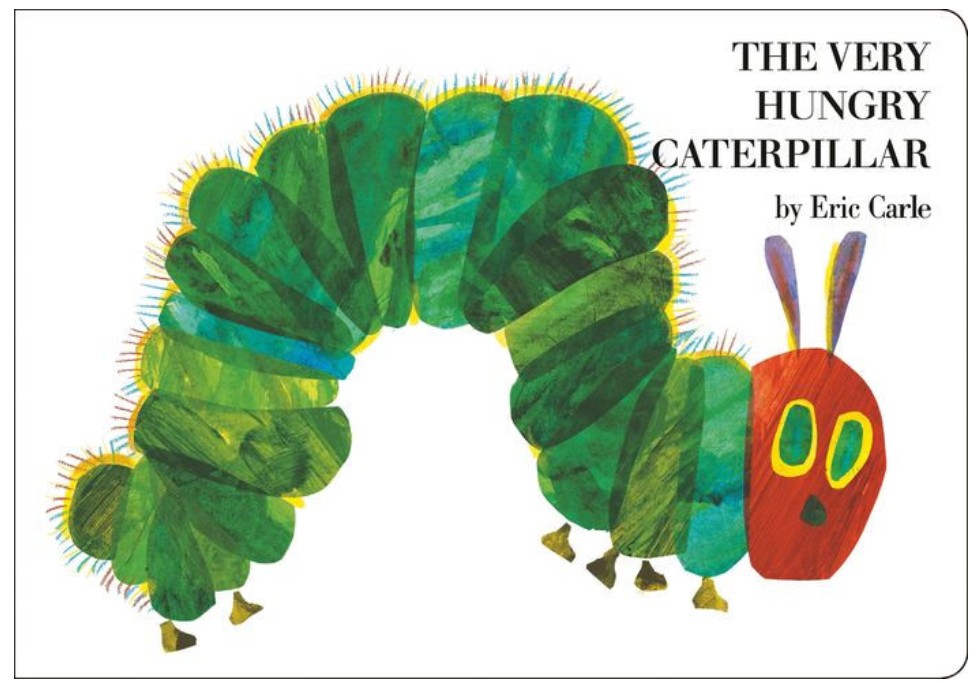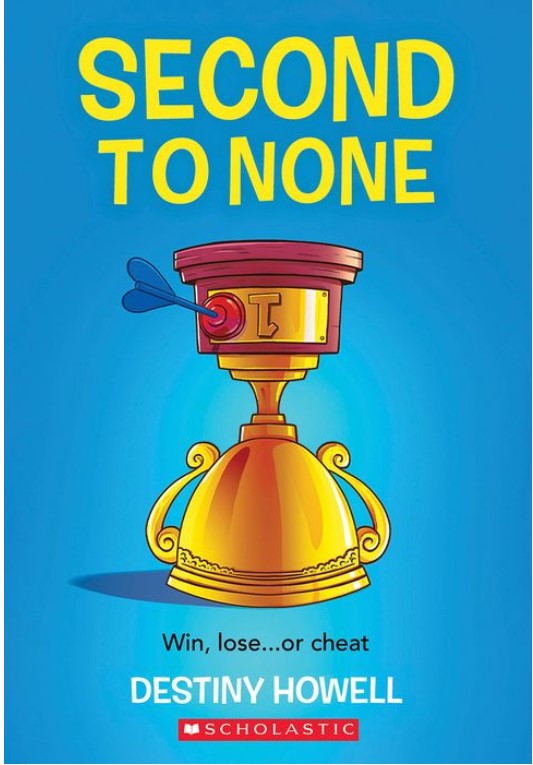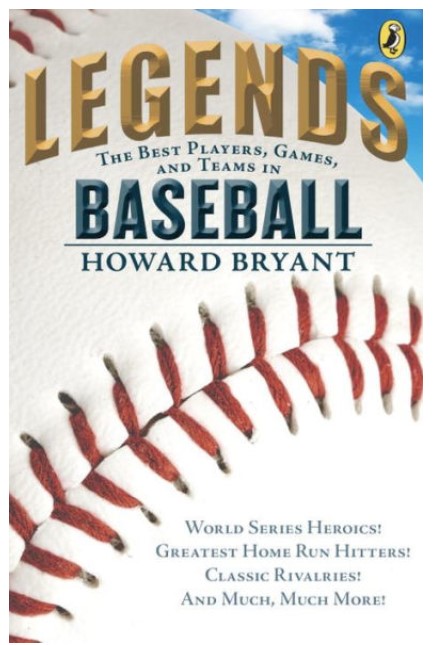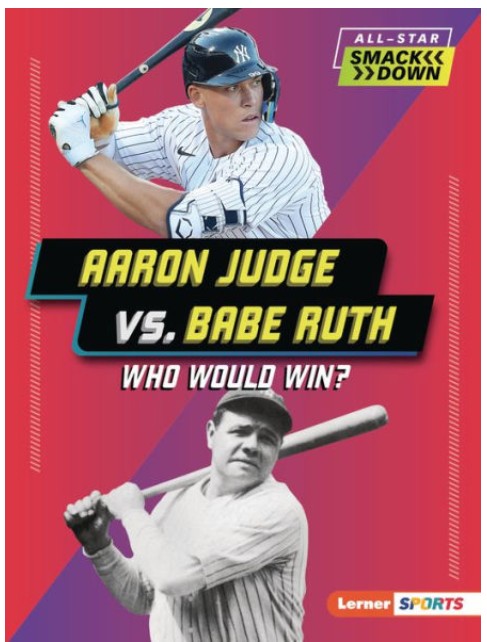Fourteen-year-old Ezekiel Blast is an outcast. No one at his school talks to him. All of his classmates think he is a thief because no one understands his unique talent for finding things. It’s not a superpower—it’s a micropower. But Ezekiel’s micropower has done nothing helpful because when Ezekiel returns a lost item to its owner, the owner assumes he is the one who must have stolen it.
Everything changes after Ezekiel meet Beth. Beth believes his power might be useful. When the two friends are invited to join a group of other teens with micropowers, Ezekiel realizes he is not alone. With Beth’s encouragement, Ezekiel begins testing his micropower and trying to discover how it works.
When a police detective appears at Ezekiel’s house, desperate for any help that will lead to a missing little girl, Ezekiel is determined not to help him. He doesn’t understand his micropower and is afraid of the cops. But when tragedy strikes, Ezekiel knows that he must use his talent to find what matters most.
Ezekiel is a character that jumps off the page and grabs the reader’s attention. Lost and Found is told from Ezekiel’s point of view, which allows the reader to understand his fear, his hurt, and his unusual talent. Beth, a proportional dwarf, befriends Ezekiel and encourages him to join a support group for those who have unusual powers. The interesting premise and the unusual characters will keep the reader’s attention. However, towards the middle of the story it suddenly takes a disturbingly dark turn.
When Ezekiel decides to help find the missing girl, the police officer tells him of disturbing cases of young girls who have been taken, put on a pedophilia pornography website, and then are murdered on screen. When Ezekiel’s friend Beth is kidnapped, Ezekiel is truly motivated to use his micropower to find her. During this time, Ezekiel also wrestles with feelings for Beth. Because Beth is a proportional dwarf and looks like a child, he worries that his romantic feelings for Beth will make him look “like the kind of guy who likes little girls.”
Another disturbing plot twist is when Ezekiel learns that Beth’s mother had died, and Beth hid her mother’s death in order to avoid being put in a foster home. Lost and Found gives the reader insight into the nature of friendship, but the dark content of the book may give readers nightmares. Readers may find many of the facts unbelievable and the long passage of the support group sessions tiring. Fans of Orson Scott Card’s Ender’s Game will be disappointed that Lost and Found is disjointed, and while Ezekiel is a likable character, this story isn’t as expertly crafted as Ender’s Game.
Sexual Content
- When Ezekiel is called into the counseling office, he thinks that the counselors “all had little windows in the doors so that students couldn’t claim they were molested or abused by a counselor.”
- When a police officer tries to talk to Ezekiel, Ezekiel walks away. When the officer follows him, Ezekiel says, “If you follow me another step, I’ll go on Facebook and tell everybody about the cop who followed me to school and tried to touch me inappropriately.”
- Ezekiel’s friend wants to know why he doesn’t return lost items. He gives a hypothetical situation where he goes to a girl’s house to return a scrunchie. Ezekiel says that her parents would “want me on the sex offender registry for stalking their daughter.”
- Beth tells Ezekiel that girls with “huge boobs” don’t run because they will give themselves a black eye. Then Beth says, “I’ve ruined big busted women for you.” Their conversation about boobs goes on for a page.
- Beth won’t let Ezekiel inside her house. Ezekiel wonders, “What was the terrible secret she was hiding. That her mother was shacked up with some live-in boyfriend. . . That Beth was the unwed mother of a huge baby that ate whatever it could, including the feet and ankles of visitors?”
- A police officer tells Ezekiel about girls who have been kidnapped. “The girls these guys kidnap show up right away on child-pornography websites, the ugliest stuff. It gets uglier and uglier and then they get killed on camera. We estimate the whole process takes a week, and then the girl is dead.”
- Ezekiel is upset that he might have feelings for Beth because “she looks like a six-year-old for heaven’s sake. If by some ridiculous fluke I actually had feelings for her, I’d look like some kind of. . . I’d look like the kind of guy who likes little girls.”
- When talking about Beth, Ezekiel tells his father, “She may be short, but she was starting to get boobs. . .I wasn’t staring but I’d have to be brain-dead or completely not-male to miss that.”
- While talking about Beth, a boy tells Ezekiel, “So touch yourself . . .bet you have plenty of practice.”
- Ezekiel’s father tells a Bible story about Joseph and Potiphara. Potiphara’s wife “got the hots for him and when her husband was out inspecting the troops, she suggested to Joseph that they might do a little hanky. Or panky, the book of Genesis isn’t clear. Joseph said no. She tore her cloak and began to scream that Joseph tried to rape her.”
Violence
- When he was small, Ezekiel’s mother was killed. He thinks back to her death as, “it was wham, car hits Mom, Mom flies through the air and then lies in a shape no human should ever be in and he knew right then that she would never come back, not even as a cripple.”
- When Ezekiel was younger, he found a kid’s bike and returned it. He says, “I knew where it belonged because the connection was so strong. Took it back and got the crap beat out of me and the cops were called and they didn’t charge the kid or his dad for the beating I got. . .”
- The woman who helped kidnap a little girl is found dead. She “was dead on the kitchen floor, stabbed with the big kitchen knife that she probably picked up to try to defend herself. All the blood was hers, though, and so were all the prints. . .”
- Beth kicked one of the kidnappers, who fell to his death. When Ezekiel finds Beth, he looks at the kidnapper’s body. “And he could see that there was no possibility that his spinal cord was attached to his brain anymore. Which was a moot point because the man’s head had landed on a pile of cinderblocks and much of his brain was a lumpy smear.” Later, Ezekiel thinks how hard it would be for Beth to kill a man, even if he was trying to hurt her. “The kicking, the falling, nearly dying herself, but then seeing the man sprawled there, neck broken, skull spilling out brains and blood.”
- Ezekiel’s father used to work in a slaughterhouse. “One at a time they [animals] come up the ramp to his position and he kills them and they flop over and slide down to where the process of skinning and gutting them began, other guys turning them from a once-living body into a side of beef.”
Drugs and Alcohol
- While in an abandoned building, Ezekiel’s father says, “I’m surprised there isn’t a bunch of discarded drug paraphernalia here.” Ezekiel replies, “Most crack dens are more conveniently located, aren’t they?”
- Beth says that the men who kidnapped her also drugged her. Later she tells another kidnap victim, “I can tell you that the drug they gave us made all the food taste like licking a bicycle tire.”
- Ezekiel thinks Beth “could probably buy cigarettes and beer without showing i.d.”
Language
- Profanity is used frequently. Profanity includes: ass, asshole, bastard, crap, bitch, damn, hell, pissed, prick, and shit.
- When Ezekiel told his father that kids were moving to the other side of the street in order to avoid him, his father said, “chalk it up to coincidence, you narcissistic bonehead.”
- People call others “idiot” occasionally. For example, Ezekiel’s father said, “An expert is just an idiot who used to be pert.”
- Someone tells Ezekiel, “You’re a jerk.”
- Ezekiel tells his dad that he wants to go trick-or-treating. His father says he can go, but Ezekiel will look “like a pathetic, greedy teenage moron.”
- Ezekiel’s father tells him, “stop being a language nazi.”
- Ezekiel calls a girl in his group, “Juh-anus.”
- Ezekiel tells a police officer, “I’m a bastard.”
- Someone calls Beth’s dad a “flaming frankfurter.”
Supernatural
- Ezekiel meets with a group of kids who have different abilities. For example, one kid’s skin neutralizes odor, while another kid can make people yawn.
- A boy in Ezekiel’s group can sense spiders. He tells the group, “There are always dozens of spiders within a hundred yards. I’m actually aware of spiders much further off, but it’s more vague.” He can also tell if someone intentionally or accidentally killed a spider.
- When Ezekiel finds lost objects, he can tell who they belong to and how to find them. During the book, he tries to figure out how his power works.
- When trying to figure out how to help Beth, Ezekiel thought about Beth and suddenly “he could feel himself falling.” He can feel what Beth was doing and feeling. “He could feel how raw and painful his muscles were, he could see how the skin had been scraped and abased on his arm from the struggle, from trying to grip the rough concrete of the floor.”
Spiritual Content
- When Ezekiel’s mom was killed, Ezekiel wanted to know where his mother was. Ezekiel’s father said, “‘We didn’t know much about heaven but some part of us lived on after death yadda yadda.’ Ezekiel had listened when Mother took him to church so he was familiar with the idea, and that was not what he was asking.”
- Ezekiel and his father have a conversation about God. Ezekiel’s father says he believes in God even though he doesn’t go to church. Ezekiel’s father says, “I believe in life after death. I believe the soul goes on.” Ezekiel’s father also keeps the commandments and prays. When the conversation shifts to prayer, Ezekiel’s father says, “If your definition is showing God the yearning of my soul, then yes, I’m praying right now.” Ezekiel’s father says that he prays to be a good father; he says, “I pray about other things. For nobody to lose any body parts while cutting meat. For the strength to not be as snotty with customers as you are with me. And no, that wasn’t a criticism. . .” The conversation lasts for about three pages.
- When Ezekiel’s father wakes him up early, Ezekiel says, “Dad, God doesn’t wake up this early on a Saturday.”
- When Ezekiel helps find a kidnapped girl, his father wants him to go to church. His father says, “I also had the crazy idea that you might want to say ‘thank God’ in a house of God.” Ezekiel and his father have a short conversation about God. His father tells him, “I spent a lot of time being enraged with God for not saving your mother. But then I realized that it was my whole family there on the sidewalk, my wife and my only child. I thought about what had been saved for me instead of what had been taken.”
